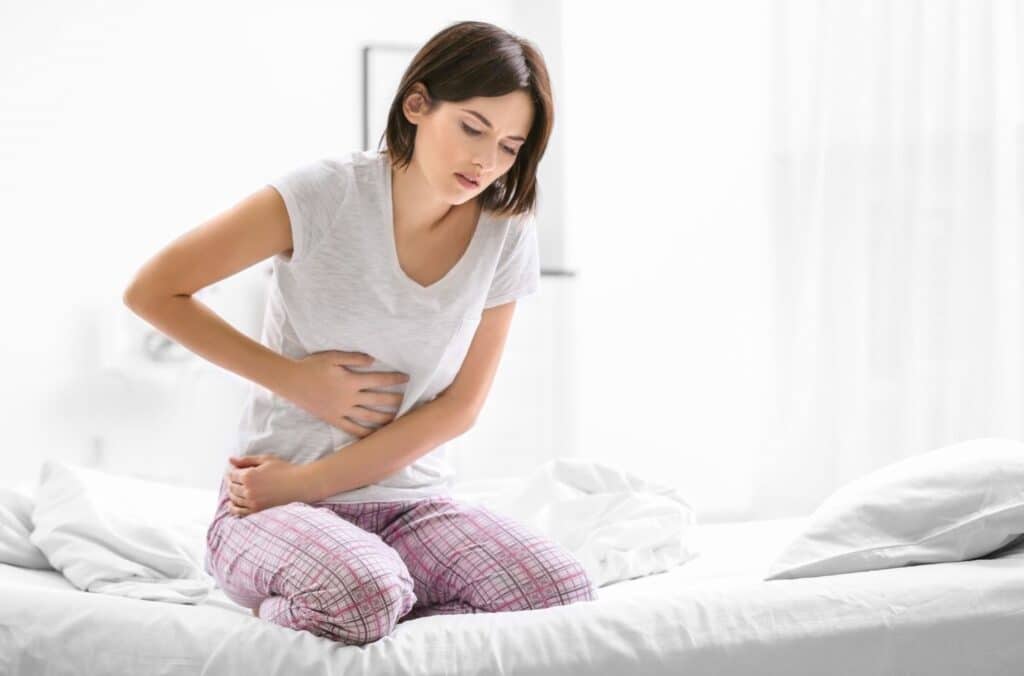Understanding Recurrent Diverticulitis and Chronic Diarrhea: Solutions and Dietary Tips
If you've been dealing with recurrent diverticulitis, you might have noticed another unwelcome visitor: chronic diarrhea. It can feel frustrating and uncomfortable, but there's a reason behind this connection. Let's unpack why this happens and explore some simple solutions and dietary advice to help manage it.
Why Does Recurrent Diverticulitis Lead to Chronic Diarrhea?
Imagine your digestive system as a bustling city with many different connecting neighborhoods. Diverticulitis is like a disruption in one of these neighborhoods, causing inflammation and irritation. This disruption can impact the entire city. When this happens frequently, it can affect how your digestive system works, leading to chronic diarrhea. Here's how:

- **Inflammation Is Disruptive:** When diverticula (small pouches) in your colon get inflamed, they irritate the surrounding area. This irritation can mess with how your colon absorbs water and electrolytes, making your stools loose and causing diarrhea.
- **Your Gut Microbiome Becomes Unstable:** Your gut is home to lots of friendly bacteria that help with digestion. But when there's ongoing inflammation, these bacteria can get out of balance. This imbalance, called dysbiosis, can contribute to diarrhea.
- **Changes in Your Colon:** If you've had diverticulitis many times, it can lead to changes in your colon's structure. Scar tissue can form, narrowing your colon and making it harder for stool to pass through. This can trigger diarrhea as your body tries to get rid of waste.
- **Medications Can Play a Role:** Sometimes, the medications you take for diverticulitis, like antibiotics, can upset the balance of bacteria in your gut. This imbalance might lead to diarrhea as a side effect.
What Can You Do About It?
Managing chronic diarrhea from recurrent diverticulitis doesn't have to feel like an uphill battle. Here are some simple steps you can take to find relief:
- **Talk to Your Doctor:** Don't hesitate to reach out to your doctor if you're struggling with chronic diarrhea. They can offer guidance tailored to your specific situation and may prescribe medications to help manage symptoms.
- **Consider Probiotics:** Probiotics are like the superheroes of the gut world. They can help restore the balance of good bacteria in your gut, potentially easing diarrhea. You can find probiotics in foods like yogurt or in supplement form.
- **Fiber Is Your Friend:** Fiber is like a superhero sidekick for your digestive system. It adds bulk to your stools and can help regulate bowel movements. Load up on fiber-rich foods like fruits, vegetables, whole grains, and legumes.
- **Stay Hydrated:** Diarrhea can leave you feeling dehydrated, so it's essential to drink plenty of fluids. Water is your best bet, but you can also try electrolyte-rich drinks like sports drinks or coconut water to replenish lost minerals.
- **Watch Your Diet:** Certain foods can aggravate diarrhea, so pay attention to what you're eating. Spicy foods, dairy, caffeine, alcohol, and greasy or fatty foods are common culprits. Limiting these can help manage symptoms.
- **Stay Active:** Regular exercise isn't just good for your overall health—it can also help regulate your digestive system. Aim for at least 30 minutes of moderate exercise most days of the week.
Conclusion:
Dealing with chronic diarrhea from recurrent diverticulitis can feel overwhelming, but you're not alone. By understanding why this happens and taking simple steps to manage it, you can find relief and get back to feeling like yourself. Remember to listen to your body, stay in touch with your doctor, and be patient as you navigate this journey to better digestive health.


